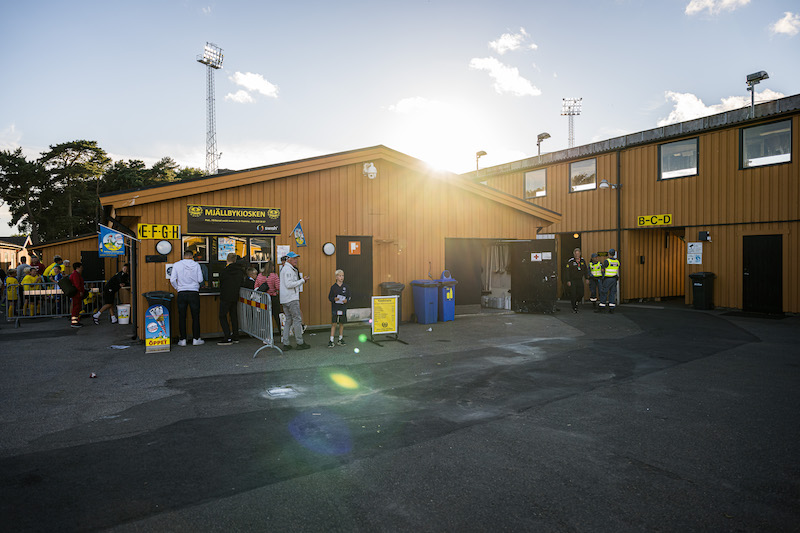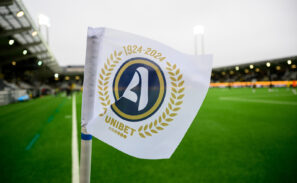Sports as an engine for integration is one thing being frequently discussed. Swedish Professional Football Leagues and the clubs in Allsvenskan and Superettan have for many years shown that they take responsibility for society by successfully working with their local environment. “Football is an essential part of our social structure,” says national economist Ingvar Nilsson in a report from 2020.
The Allsvenskan and Superettan leagues and all the 32 member clubs today work in a goal-oriented and multi-faceted way with their sustainability work directed at both the public and private sectors. Through their football activities, thousands of children and young people improves their physical health, every day, and in the stands people of all kinds mix, which gives life and meaning to many.
The elite football stands have proven to be important for integration into society, as football reaches out and communicates with many that the authorities have difficulty reaching. Several times in international contexts, the Swedish work with sustainability has been highlighted as a role model.

In the report “Fotbollsplanen mitt i byn” Ingvar Nilsson says that “a very clear conclusion is that what football does in terms of community engagement is extremely extensive. It is multifaceted, it is real and it is not green washing”.
One thing that is specifically mentioned in the report is that elite football causes people to break their isolation and get into society – they no longer need to support themselves, but can support themselves. Ingvar Nilsson states that if each club in the Allsvenskan and the Superettan, through its community involvement, gets three young people into the labor market each, the economic value amounts to SEK 57 million in community savings. Every young man who is not recruited and becomes a gang criminal is a profit for society of SEK 23 million.
It is a fact that the work of Swedish elite football, leagues and clubs, produces results for the entire society. In 2019 EY determined that Swedish elite football contributes over SEK 1.2 billion to society each year, of which SEK 775 million in social benefits and SEK 493 million in direct tax incomes for the state. The amount has not become less since then.

Ingvar Nilsson’s report also says that “the socio-economic effect of the elite clubs’ involvement in labor market issues amounts to several SEK billions, distributed over time and among different actors, and according to the study, the municipalities’ savings amount to SEK 247 million. The profits lie partly in reduced supply costs and are partly linked to other initiatives for the target group”.
Swedish Professional Football Leagues sustainability work and community involvement really makes a difference. For everyone in Sweden.
Read more:
The sustainability work of Swedish Professional Football Leagues















